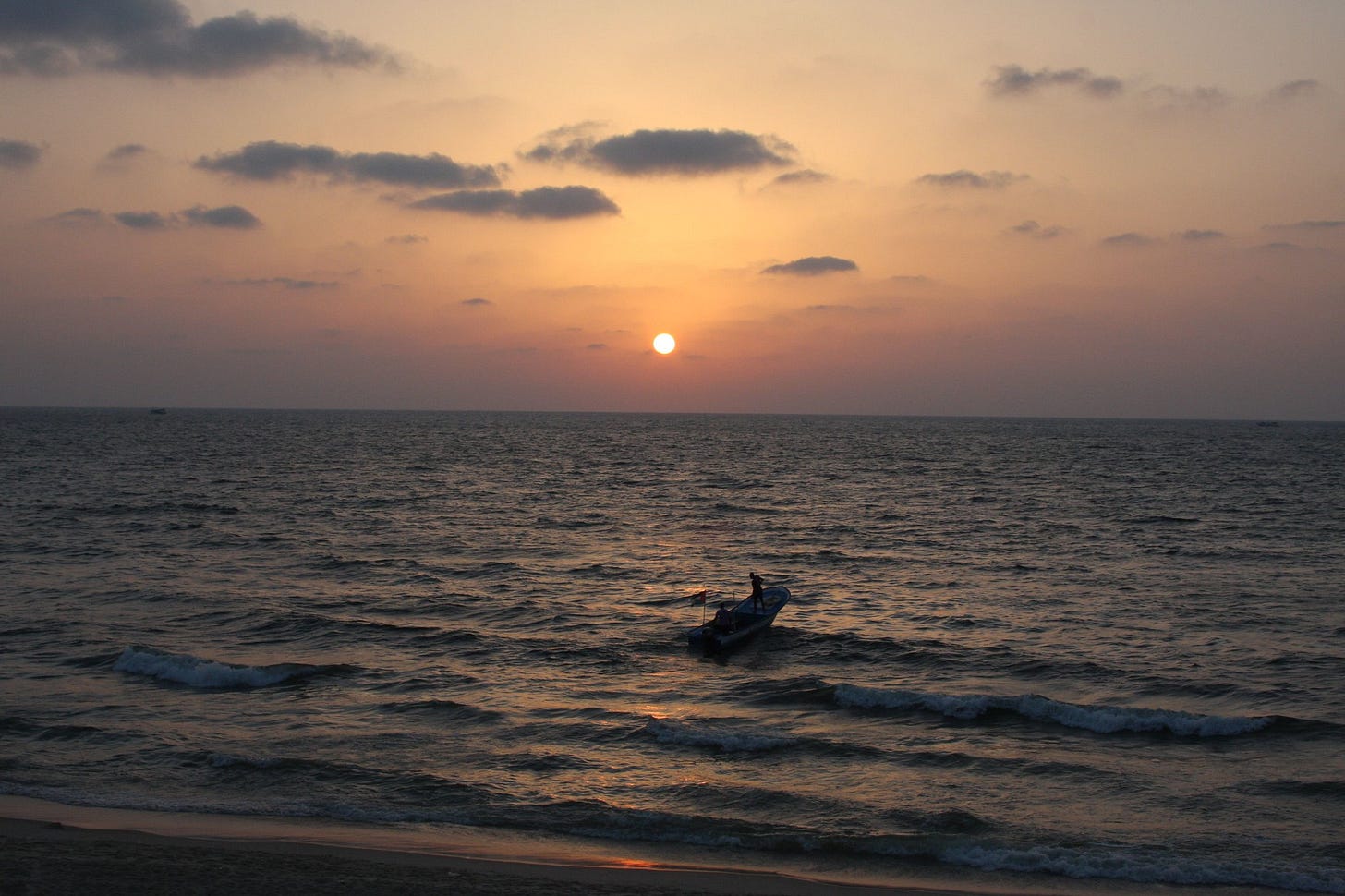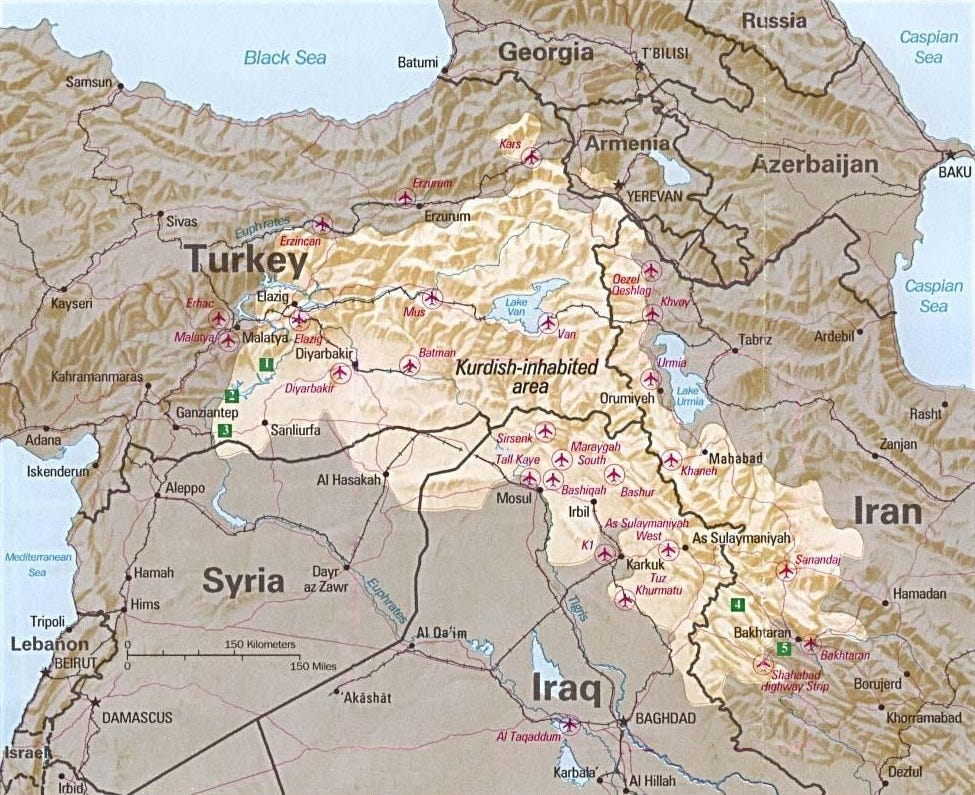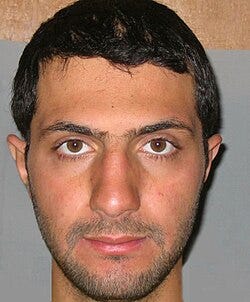
Gazans face starvation and airstrikes as Israel ramps up latest push into Gaza
The situation in Gaza is again deteriorating as the Israeli government starts what could be a decisive military incursion to “take control of all the territory of the Strip,” Israeli Prime Minister Benjamin Netanyahu said. Gaza’s Hamas-run health ministry claimed Tuesday that 87 people have been killed in airstrikes in the preceding 24 hours, according to CBS.
Israel simultaneously announced it would lift its 11-week total blockade of Gaza to allow basic food and aid to reach civilians, although the United Nations said that so far only a small amount of aid has started to enter the territory and so far none has been distributed.
Israel also looks to more strictly oversee and potentially take over food and aid deliveries into Gaza.
“The method is distribution points that are secured by the IDF [Israeli Defense Forces], preventing Hamass’ access and allowing American companies to distribute the food and medicine aid to the population,” Netanyahu said. “We are going to set up the first points in a few days and add them later, eventually reaching a situation where we have an area that is entirely controlled by the IDF and the entire civilian population of Gaza can get there and receive the aid and Hamas receives nothing.”
That could push out U.N.- and NGO-run aid operations, significantly limiting crucial 3rd party eyes on events in Gaza.
The U.N. said Tuesday that the military cleared another 100 trucks to enter Gaza with aid, but representatives on the ground say its nowhere near the 500 a day needed to meet Gazans’ needs.
In what is one of the more cynical statements to come from a world leader’s mouth in recent history, Israeli Prime Minister Benjamin Netanyahu said this Sunday that it would allow aid to reach Gazans so to not “reach a point of starvation, for practical and diplomatic reasons” and that his allies in the U.S. Senate warned they would rethink their positions if “mass hunger” were to come about.
Israel has restricted the flow of goods into Gaza since the 1990s and tightens that blockade during times of conflict. Israel has severely restricted critical food, humanitarian, and healthcare aid into Gaza since Hamas’ October 7 attack on civilians in Israel. Fighting since then has destroyed most of Gaza’s healthcare infrastructure and Israel periodically blocked international groups from bringing in medicine and emergency care supplies that are crucial for civilian survival.
You can listen to an interview I made last June with Glia International’s Victoria Jaqua and Adam Popanda about the day-to-day challenges of care on the ground in Gaza and the effectiveness of their organization’s 3D-printed tourniquets in Gaza here.
Despite its insistence it considers civilians in its operations, the Israeli military has a less-than-admirable record as far as protecting them during ground operations. It is often difficult to verify stories coming out of the territory, but there are numerous accounts of soldiers targeting people who are clearly civilians and the overall level of disrespect for Gazans does not bode well for those in the military’s path. Netanyahu’s language regarding starvation will likely only encourage such behavior.
So what’s Israel’s end-game? Netanyahu has been talking about taking over Gaza for a while now and now said that Israeli troops will stay in Gaza. The overall plan seems to be to push civilians to the south and secure complete control of northern Gaza. Whether or not and when the Israeli government will allow Gazans to return is to be seen.
Netanyahu still claims that the objective is to destroy Hamas and free the 58 hostages still in Hamas custody, but it’s hard to argue that an all-out offensive is the most effective way to achieve that goal. Critics in Israel argue that the offensive seals the fate of those remaining hostages, many whom are believed to already be dead. Hamas senior official Sami Abu Zuhri said as much, claiming it would be a “death sentence” for those the group still holds.
The United Kingdom on Tuesday suspended free trade talks with Israel in response to the offensive and sanctioned some individuals and groups fueling settlement in the West Bank, according to the Associated Press.
British Foreign Secretary David Lammy called the offensive and the blocking of aid into Gaza as “indefensible,” the AP reported. Britain, France, and Canada issued a joint statement on Tuesday calling the operation an “escalation” and “wholly disproportionate.” The statement added that the three countries would take “concrete action” if Israel didn’t change course.
Condemnation and isolation from abroad may compel Israel to soften some of its tactics and policy, but ultimately I believe it is not enough to change Israel’s strategic goal to expand permanent control into Gaza, particularly if the U.S. government backs their actions or looks the other way.
Disagreements foreshadow a long peace process between PKK and Turkish government
Last week, the Kurdistan Worker’s Party (PKK) of Turkey voted to dismantle its “organizational structure” and end its 40+ year armed struggle against the Turkish state. The Kurdish militant group said it had “completed its historical mission” by bringing “the Kurdish issue to the point of resolution through democratic politics,” according to the Associated Press.
It is the most significant change in the dynamics of the decades-long conflict since it began in the late 1970s and is a positive step toward resolution, but a vote alone is not enough to resolve a conflict that has cost the lives of more than 40,000 people.
Reality now sets in as the two parties, chained by decades of grievances and grudges, begin to negotiate a peace.
The PKK is opening with a request to the Turkish state to ease the confinement of its founder and leader, Abdullah Ocalan, who has been held in solitary confinement at a remote island prison outside Istanbul since 1999. PKK spokesperson Zagros Hiwa said the group wants Turkey to give Ocalan “free and secure work conditions so that he could lead the [peace] process.”
The PKK also wants some level of reintegration of militants into Turkish society. The Turkish military has fought the PKK in its stronghold region near the Syrian and Iraqi border for decades, but ramped up its campaign over the last decade amid the instability of the Syrian Civil War, which saw Kurdish-led autonomous states take over administration and security for large parts of the Kurdish homelands in the country.
It’s important to distinguish the PKK from the Kurdish autonomous communities of northeast Syria and Iraq. Kurdistan and the Kurds are not a monolithic political or governing group. There are several competing political groups in each of the four nations that Kurds call home. They are politically distinct and often at odds.
That being said, the PKK maintains relationships to sister organizations across Syria, Iraq, and Iran through the Kurdistan Communities Union. Bit confusing, so if you want to know more about the political and military situation in the region, the Coucil on Foreign Relations has some good information. The point is that PKK elements have often found friends and refuge across the Turkish borders.
The Turkish military has operated in northern Syria since 2016 and now controls significant swaths of land along the border as part of a campaign to push the PKK away from Turkey proper. The Turkish military has been able to push out many PKK fighters into Syria and Iraq and now Turkish media suggests that the government may exile and banish some PKK leaders from the country, allowing back only fighters who have not committed crimes in Turkey, France24 reported Tuesday.
Of course, there is always room for some militants to break away and continue the armed fight against the Turkish state. No doubt some PKK members are not happy with the decision to move into peace talks and I wouldn’t be surprised if one or several militants stage incidents to derail those talks.
Peace is most fragile in the beginning and what happens going forward is ultimately a test of the PKK’s control over its membership and both sides willingness to make concessions.
Romanians reject Euroskeptic Presidential candidate George Simion, maintaining pro-EU track
Romanians voted for their next president on Sunday, rejecting right-wing candidate George Simion in favor of centrist and Bucharest Mayor Nicursor Dan with a 53.6%-46.6% vote for the latter. The two were in a dead heat ahead of the vote and many of my Romanian friends and contacts were worried that Simion would eke out a win.
Dan’s ascension will keep Romania on roughly same track toward European integration it has pursued over its recent history.
Interestingly, expat Romanians in Europe generally voted for Simion, while those living in the U.S. and Canada voted in favor of Dan. Tons of Romanians work abroad in Europe for the higher wages, services, and quality of life available in countries like Germany, Spain, and France.
Simion is not a fan of the European Union and politically disagrees with the establishment in Europe, claiming he would block European military aid to Ukraine and steer the Romanian state with a MAGA-style tilt toward nationalism.
Ultimately, I believe many Romanians voted with the economy in mind. Romania is one of the less-economically developed states of Europe, and many young Romanians in particular are heavily in favor of closer relations with Europe, much like the Ukrainians who protested and ultimately ousted Viktor Yanukovych after he reneged on a deal to integrate further with the E.U. economy.
Ukraine and Russia “peace talks” in Türkiye are going nowhere fast
I’m gonna get to this next week. Russia’s insincerity turned the whole thing into a farce. There is quite a bit to say about it, but it can wait.
In short, Russian President Vladimir Putin refused to attend talks and instead sent a similar team to Türkiye that he sent to lead “peace talks” shortly after his invasion started to bog down in early 2022. The Russian position has barely changed since then — they more or less want full capitulation from Ukraine — and the talks as a whole are seen as a non-starter for the Ukrainians.
Soon after Putin opened the door for talks following Victory Day, Ukrainian President Volodymr Zelenskyy agreed to meet Putin face-to-face. The Russian camp quickly got quiet and the closer the day of talks came, the more unlikely that Putin or long-time Foreign Minister Sergei Lavrov would attend.
Zelenskyy’s willingness to meet may have thrown off Putin, who has spent the last decade-plus since the Euromaidan Revolution trying to deligitimize the Ukrainian state as whole. Attending the talks and shaking Zelenskyy’s hand is a public acknowledgement of the latter’s position as a legitimate head of a legitimate state, so its not all that surprising Putin refused to attend.
The Telegraph’s Joe Barnes had a great report on the first day of talks on the paper’s Ukraine: The Latest podcast here at 15:00. In Barnes’ estimation, Putin’s initial seeming willingness to engage in peace talks was no more than an empty message for the domestic Russian audience. Barnes’ whole interview is worth a listen.
Syria’s Al-Joulani met Trump in Saudi Arabia and walks away with huge wins
Syrian President Ahmed al-Sharaa, formerly Muhammad Al-Joulani, had his biggest week since taking up the helm of the fledgling Syrian state. He met with Trump and Saudi leaders at a Gulf Cooperation Council meeting last Wednesday, securing recognition and a huge economic win.
Quite the turn of events for a guy who in his 20s fought the U.S. in Iraq as part of Al-Qaeda and is still a terrorist according to Executive Order 13224 (the post-9/11 Presidential terror funding list).
The same reason why Putin didn’t meet Zelenskyy face-to-face is why this meeting is such a big win for al-Sharaa in his campaign to clean up his image and gain international recognition as the leader of a still-unstable Syria. A handshake from two of the biggest players in Middle East politics is gold to al-Sharaa, who is trying to hold together a still-fractured state and build favor among Syria’s neighbors, most whom have no issue destabilizing the country if it suits their wider geopolitical goals.
Trump also said in Saudi Arabia that the U.S. would be “dropping all sanctions” on Syria, some of which date back 45 years and have severely hampered the country’s economy. That may be an even bigger win for al-Sharaa, particularly for his domestic viability as Syria’s leader. Syrians took to the streets to celebrate the announcement and some will surely tie it to al-Sharaa.
Trump’s move was reportedly done following lobbying from Turkish President Recep Tayyip Erdoğan and Saudi Arabian leader Mohammed bin Salman.
Trump did push al-Sharaa to normalize Syria’s relationship with Israel. Its not clear what the terms are of that request, but Trump may end up tying it to sanctions relief.
I don’t know enough about al-Sharaa’s history and the complex web of alliances and enemies in Syria, but it’s fair to say he returns to Syria from this trip in a more stable political position.





